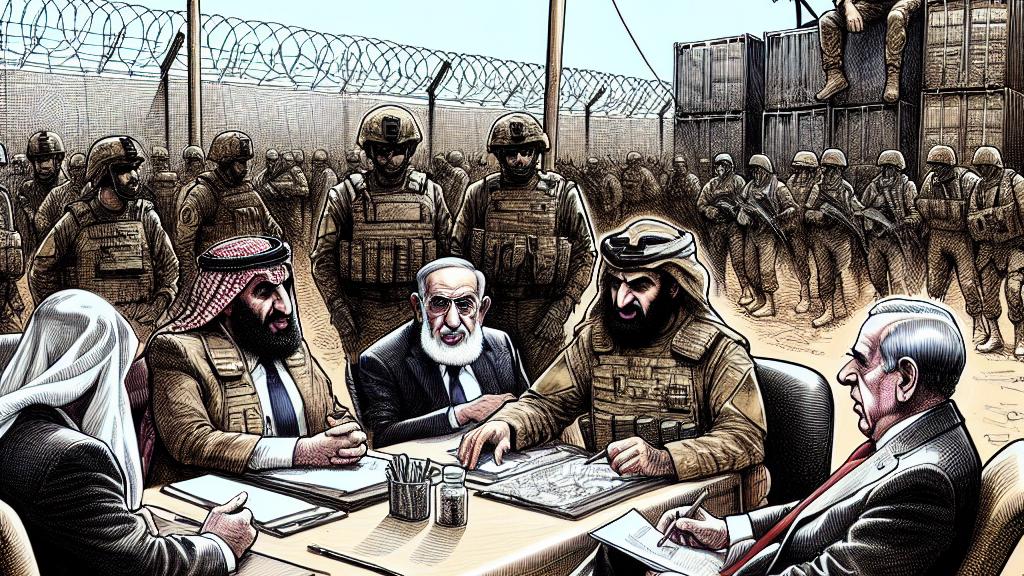Heightened Security for Iran's Supreme Leader Amid Regional Tensions
Overview
- Ayatollah Khamenei relocated to secure facilities due to escalated threats.
- Calls for unity among Muslims to bolster Hezbollah against Israel's actions.
- Tensions spike after Israeli strikes lead to significant losses for Hezbollah leadership.

Intensified Security Protocols Amid Rising Threats
In a striking move reflecting serious security concerns, Iran's Supreme Leader, Ayatollah Ali Khamenei, has been transferred to a secure location. This notable decision follows the shocking Israeli assassination of Hezbollah chief Hassan Nasrallah, an act that has not only shaken regional dynamics but has also placed Khamenei and his regime under considerable pressure. Iranian officials are reportedly engaged in urgent consultations with Hezbollah and other allied groups, deliberating various strategic responses. The introduction of tightened security measures serves as a telling indicator of the precarious political landscape, showcasing the direct implications of Israeli military actions on Iran’s leadership and the potential for escalated conflicts.
A Resounding Call to Arms and Solidarity
On September 28, 2024, Khamenei passionately urged Muslims across the globe to unite in support of Hezbollah, denouncing Israel as a 'wicked regime.' His fervent appeal resonates deeply within the context of a shared historical struggle against perceived oppression. This call for solidarity not only reinforces Iran's unwavering stance in supporting its allies but also evokes a collective identity among Muslims in the region. Khamenei's words encapsulate the urgency and the fervor with which many perceive the situation, framing the recent conflicts as sacred resistance rather than mere political skirmishes. This powerful narrative of unity strikes at the heart of the ongoing regional strife, emphasizing the importance of mutual support in the face of adversity.
The Intricate Web of Regional Alliances and Conflicts
The complex relationships between Iran and its proxies, such as Hezbollah, Hamas, and the Houthis, significantly influence the geopolitical landscape of the Middle East. For instance, Iran's backing of Hezbollah has equipped the group with advanced weaponry and training, allowing them to present a formidable front against Israel. The recent assassination of significant figures within these allied groups has prompted discussions of retaliatory strategies, potentially involving missile strikes or coordinated assaults from various fronts, including Syria and Yemen. Additionally, the U.S. military presence in the region injects another layer of volatility, complicating diplomatic efforts and heightening tensions. With each act of aggression, whether from Israel or Iranian proxies, there lies a risk of wider hostilities, demonstrating how fragile peace can be amid such intricate alliances. This web of relations illustrates not only the stakes involved but also the profound consequences that any escalation may bring.

Loading...